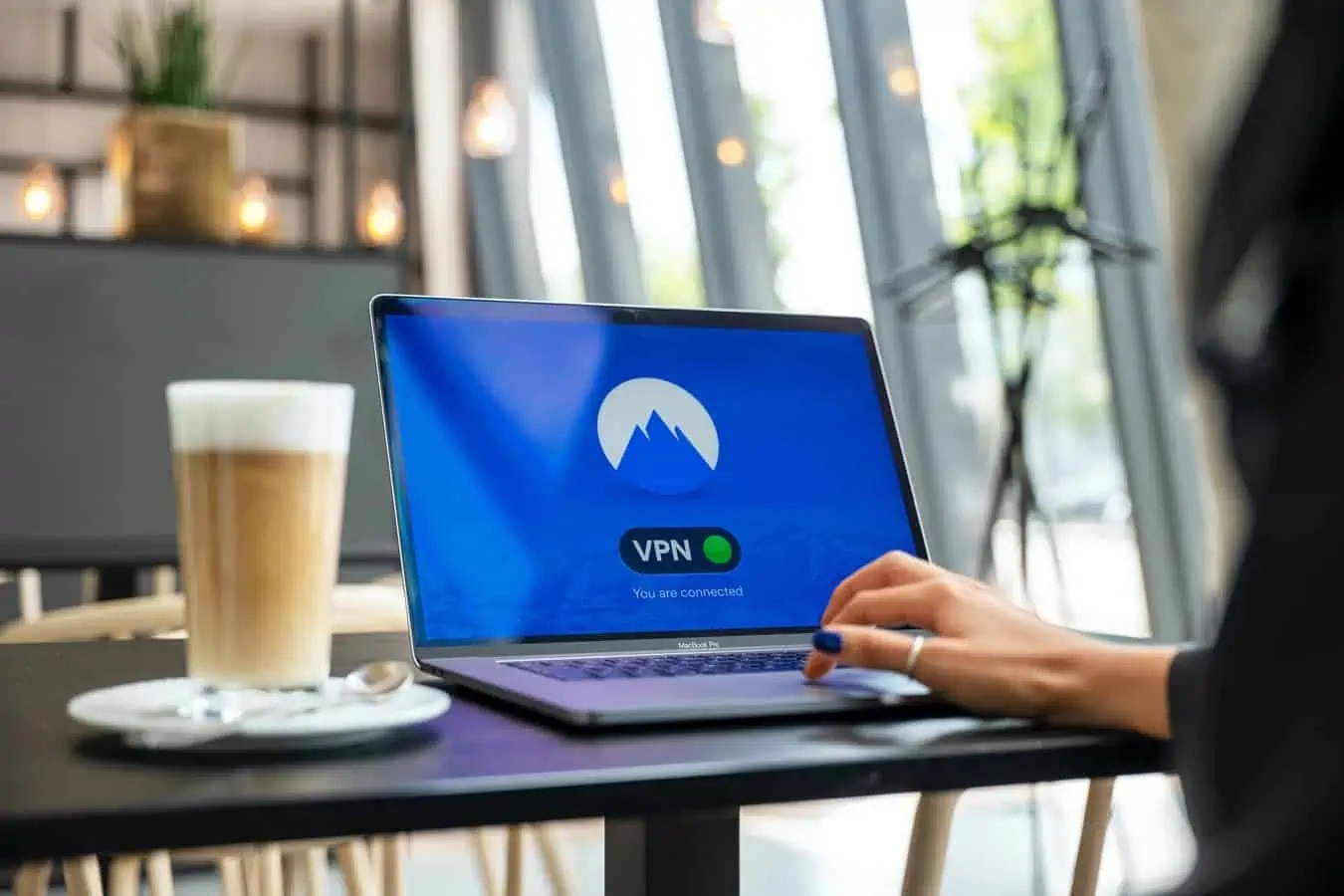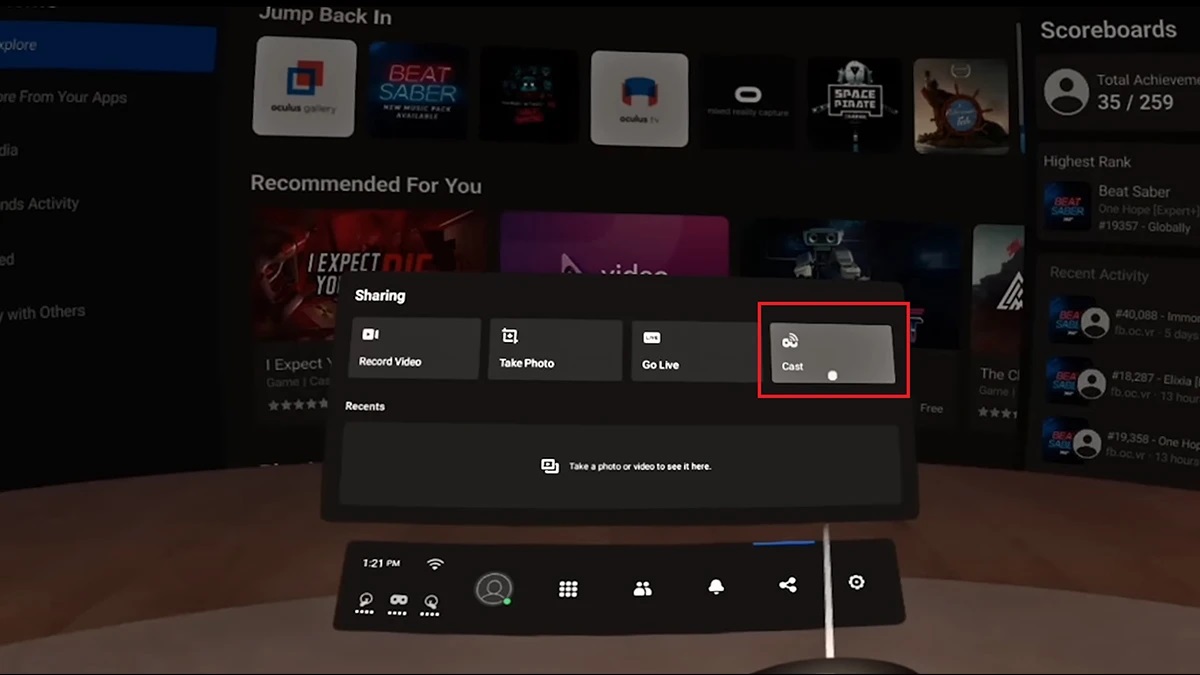Home>Software and Apps>How To Hide My IP Address Without VPN


Software and Apps
How To Hide My IP Address Without VPN
Modified: September 5, 2024
Learn how to hide your IP address without using a VPN with the best software and apps. Protect your online privacy and security effortlessly.
(Many of the links in this article redirect to a specific reviewed product. Your purchase of these products through affiliate links helps to generate commission for Techsplurge.com, at no extra cost. Learn more)
Table of Contents
In today's digital age, privacy and security are more crucial than ever. With the increasing amount of personal data being collected and used by various online services, it's essential to know how to protect your online identity. One of the primary concerns for internet users is their IP address, which can reveal a lot about their location and online activities. While Virtual Private Networks (VPNs) are often recommended for hiding IP addresses, there are other methods you can use without them. In this article, we will explore four effective ways to hide your IP address without using a VPN.
Understanding IP Addresses
Before diving into the methods, it's important to understand what an IP address is and why it's crucial to hide it. An IP address is a unique numerical label assigned to each device connected to a computer network that uses the Internet Protocol to communicate. It serves as a kind of "calling card" for your device, allowing websites and other servers to identify and locate you on the internet. This information can be used to track your online activities, including the websites you visit, the data you send and receive, and even your geographical location.
Read more: How To Tell If An IP Address Is A VPN
Why Hide Your IP Address?
There are several compelling reasons to hide your IP address, including:
- Privacy: Prevent companies from tracking your online activities and selling your data.
- Security: Protect yourself from cyber threats and hacking attempts.
- Geographical Restrictions: Access content that is otherwise blocked by changing your IP address.
- Avoiding Censorship: Bypass internet censorship in some countries to access a wider range of online content.
Method 1: Using a Proxy
One of the simplest ways to hide your IP address without using a VPN is by using a proxy. A proxy acts as an intermediary between your device and the internet, masking your real IP address with its own.
What is a Proxy?
A proxy server is essentially a middleman that sits between your device and the internet. When you send a request to a website through a proxy, the proxy server forwards the request to the website on your behalf. The website then sees the proxy server's IP address instead of your own, effectively hiding your real IP.
How to Use a Proxy
Using a proxy is relatively straightforward:
- Choose a Proxy Service: There are many free and paid proxy services available. Some popular options include Smartproxy and HideMyIP.
- Configure Your Browser: Most proxy services provide instructions on how to configure your browser settings. This usually involves entering the proxy server's IP address and port number into your browser's settings.
- Test Your Connection: Once configured, test your connection by visiting a website. The website should now see the proxy server's IP address instead of your own.
Read more: How To Bypass IP Ban Without VPN
Pros and Cons of Using a Proxy
Pros:
- Ease of Use: Proxies are easy to set up and use.
- Free Options: There are many free proxy services available.
- Specific Use Cases: Proxies are ideal for one-time use or for specific websites that you need to access.
Cons:
- Security Risks: Free proxies often lack robust security measures and may sell your browsing data.
- Speed Issues: Proxies can slow down your internet connection.
- Legal Concerns: Using free proxies in some countries may be illegal.
Method 2: Using Tor
Another effective method for hiding your IP address is by using Tor, short for The Onion Router. Tor is free, open-source software that anonymizes your internet traffic by routing it through multiple nodes on the Tor network.
What is Tor?
Tor works by encrypting your internet traffic and routing it through a series of nodes, each of which strips away a layer of encryption. This process makes it extremely difficult for anyone to track your IP address or monitor your online activities.
How to Use Tor
Using Tor is straightforward:
- Download the Tor Browser: You can download the Tor Browser from the official Tor Project website.
- Install and Launch: Install the browser and launch it.
- Start Browsing: Once launched, you can start browsing the internet as usual. The Tor Browser will automatically route your traffic through the Tor network.
Read more: What Is My IP VPN
Pros and Cons of Using Tor
Pros:
- High-Level Anonymity: Tor provides high-level anonymity by encrypting and routing your traffic through multiple nodes.
- Free: Tor is completely free to use.
- Open-Source: The source code of Tor is open-source, which means it is transparent and auditable.
Cons:
- Speed Issues: The Tor network can be slow due to the multiple layers of encryption and routing.
- Complexity: While the Tor Browser is user-friendly, understanding the underlying technology can be complex.
Method 3: Switching Networks
Another method to hide your IP address is by switching to a different network. This can be done by connecting to a different Wi-Fi network or using your mobile phone's data connection.
How to Switch Networks
Switching networks is simple:
- Find a New Network: Look for a public or private Wi-Fi network that you can connect to.
- Connect to the Network: Once you find a network, connect to it using your device.
- Test Your Connection: After connecting, test your connection by visiting a website. Your IP address should now be different.
Pros and Cons of Switching Networks
Pros:
- Immediate Change: Switching networks can immediately change your IP address.
- No Additional Software Needed: You don’t need any additional software to switch networks.
Cons:
- Security Risks: Public Wi-Fi networks are often insecure and can be exploited by hackers.
- Limited Control: You have limited control over the security of the network you connect to.
Method 4: Asking Your ISP to Change Your IP Address
Finally, you can ask your Internet Service Provider (ISP) to change your IP address. This method is more straightforward but may not always be possible or practical.
How to Ask Your ISP
Asking your ISP to change your IP address involves the following steps:
- Contact Your ISP: Reach out to your ISP's customer support.
- Provide Information: Provide them with your current account information and address.
- Request a Change: Request that they change your IP address.
Pros and Cons of Asking Your ISP
Pros:
- Immediate Change: If your ISP agrees, they can change your IP address immediately.
- Control Over Security: You have more control over the security of your connection since it's managed by your ISP.
Cons:
- Dependence on ISP: You are dependent on your ISP to make the change, which may not always be possible or timely.
- Cost: Some ISPs may charge for this service.
Final Thoughts
Understanding how to hide your IP address without using a VPN is essential in today's digital landscape. Whether you choose to use a proxy, Tor, switch networks, or ask your ISP to change your IP address, each method offers a way to protect your online identity and maintain anonymity. By being aware of these options and their implications, you can take control of your internet experience and ensure that your personal data remains private.
Read more: How To Change iPhone Location Without VPN
Additional Tips
- Regularly Update Your Software: Ensure that your operating system and browser are up-to-date with the latest security patches.
- Use Strong Passwords: Use strong, unique passwords for all accounts and consider using a password manager.
- Enable Two-Factor Authentication: Enable two-factor authentication (2FA) whenever possible to add an extra layer of security.
- Monitor Your Activity: Regularly monitor your online activity to detect any suspicious behavior.
By following these tips and using one of the methods outlined above, you can effectively hide your IP address and maintain a higher level of privacy and security online.












